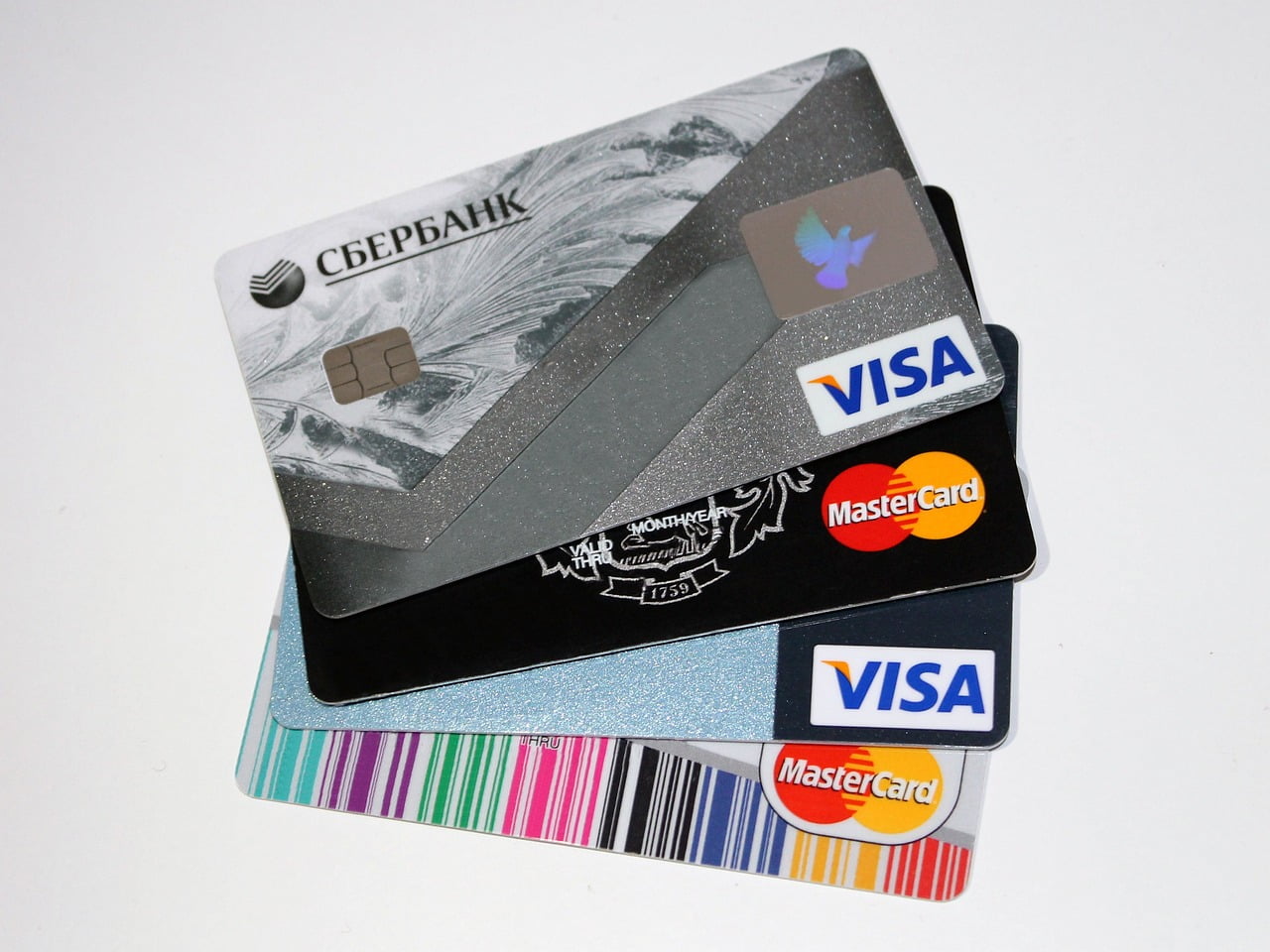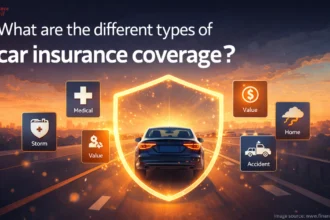Credit cards serve as invaluable financial tools, providing a unique form of borrowing known as “revolving credit.” Issued by financial institutions and banks, they grant individuals a line of credit with a predetermined limit, facilitating everyday expenses and significant purchases. Like traditional loans, credit cards come with Annual Percentage Rates (APR), governing interest applied to unpaid balances.
Navigating the Basics

What is a Credit Card
A credit card is a slender plastic or metal card issued by a financial institution, granting cardholders the ability to borrow funds for purchases at merchants who accept card payments. Cardholders must repay the borrowed amount, including interest and any agreed-upon charges either in full or over time.
The Credit Line
Each credit card comes with a credit limit, which signifies the maximum amount you can spend. This limit is determined during the application process, based on your credit score, income, existing debts, and other relevant factors.
Payment Networks
Credit card transactions are processed through major payment networks such as Visa, Mastercard, American Express, or Discover. These networks ensure that the merchant receives payment, and your card issuer subsequently bills you for the purchase.
Cash Advances
Credit card issuers may provide a separate cash line of credit, allowing you to obtain cash through bank tellers, ATMs, or convenience checks. These transactions typically come with distinct terms, often lacking a grace period and featuring higher interest rates.
Types of Credit Cards
Rewards Credit Cards
These offer incentives such as airline miles, hotel room rentals, gift certificates, and cashback on purchases. They foster customer loyalty through these benefits.
Store Credit Cards
These cards are issued by national retailers, with the store’s name prominently displayed. They are generally easier to qualify for compared to major credit cards and are primarily used for purchases within the issuing retailer’s stores. They may provide perks like special discounts and exclusive sales.
Co-Branded Credit Cards
These are offered by large retailers in partnership with major credit card companies like Visa or Mastercard. They can be used for purchases not only within the retailer’s stores but also at various other locations.
Secured Credit Cards
Cardholders secure these cards with a security deposit, often having credit limits equal to the deposited amount. The security deposit is often refunded when cardholders demonstrate responsible card usage over time, making them attractive to individuals with limited or poor credit histories.
Prepaid Debit Cards
These function as secured payment cards, with available funds equal to the money deposited in a linked bank account. They are ideal for budgeting and controlling spending but do not offer a line of credit.
Unsecured Credit Cards
These do not require security deposits or collateral and typically provide higher credit limits and lower interest rates compared to secured cards. They are available to individuals with better credit histories.
READ ALSO: Understanding Charge Cards: What Sets Them Apart
Unpacking the World of Credit Cards
Interest and APR
Credit cards generally have higher APRs compared to other consumer loans. Interest on unpaid balances is imposed approximately one month after a purchase, unless there’s a 0% APR introductory offer in place. By law, credit card issuers must offer a grace period of at least 21 days before interest on purchases starts accruing.
Credit Card Terms You Should Know
To select the right card, understanding these terms is crucial:
- Interest Rate: This is the fee charged by banks for extending credit. Paying off your statement each billing cycle helps you avoid interest.
- Annual Percentage Rate (APR): This represents the total cost of financing a loan.
- Credit Limit: This is the spending cap on your card.
- Credit Score: Determines your creditworthiness.
- Credit Card Balance: This is the amount owed at the end of your billing cycle.
- Cash Advance: This involves withdrawing cash through your credit card, often subject to high fees and immediate interest.
Weighing the Pros and Cons
Pros of Credit Cards
- Make purchases now, pay later.
- Earn rewards on everyday expenses.
- Flexible payment options.
- Money-saving features like 0% intro APR offers.
- Wide acceptance.
Cons of Credit Cards
- Potential for debt if used irresponsibly.
- Learning to maximize rewards takes time.
- Accrual of interest on unpaid balances.
- Limited merchant acceptance with some card types.
- Poor credit habits can harm your credit history.
Credit Cards vs. Debit Cards
Debit Cards:
Debit cards deduct the purchase amount directly from a linked bank account. They are considered cash-equivalent payment tools.
Credit Cards:
Credit cards offer the ability to buy now and pay later, with an option to carry a balance over time. They are more secure against fraud and offer zero fraud liability.
Who Should Get a Credit Card?
Credit cards are versatile tools suitable for individuals of all ages, income levels, and credit histories. They serve multiple purposes:
- Building credit for young adults.
- Helping individuals with poor credit rebuild their scores.
- Offering benefits like cashback and travel rewards for those with good credit.
- Providing tailored options for business owners, along with rewards and fraud protection.
- Enabling consumers to make online purchases without cash.
Building Credit with Credit Cards
Using regular, non-secured, and secured cards responsibly can help build a positive credit history, improve credit scores, and potentially lead to increased credit limits. Maintaining good credit involves making timely payments, avoiding late payments, and managing debt effectively.
How to Get a Credit Card with No Credit
Building credit without a credit history can be challenging, but secured credit cards can be a solution. These cards require a security deposit, mitigating risk for lenders. Becoming an authorized user on someone else’s credit account, such as a parent or spouse, can also help establish credit history, provided the primary cardholder practices responsible credit management.
Making the Right Purchases
Credit cards can be used for various purchases, from groceries to travel expenses. For building credit, focus on purchases you can pay off each month, like gas and groceries. Be aware that specific cards offer higher rewards for certain purchases, so understanding card features can help maximize benefits.
Fixed or Variable APRs
Many credit cards offer both fixed and variable APRs. The cardholder agreement provides details, so read it carefully to understand the type of APR your card has. Some cards have fixed APRs for purchases but variable APRs for cash advances or late payments.
Annual Fees
The annual fee on a credit card is a charge by the issuer for card ownership. While some cards have no annual fees, others, particularly rewards cards, may have fees ranging from $50 to $700.
To Recap
Credit cards, when used responsibly, are potent financial tools. Understanding their workings, selecting the right card for your needs, and building good credit habits are key to leveraging credit cards for a brighter financial future. Compare different cards, consider your spending patterns, and embark on your journey to use credit strategically and reach your long-term goals.
Frequently Asked Questions
Are there any specific credit cards recommended for first-time users?
For first-time users, secured credit cards are often a good choice as they require a security deposit and can help build credit.
How can I avoid falling into credit card debt?
To avoid credit card debt, it’s essential to pay off your balances in full each billing cycle, make timely payments, and spend within your means.
What’s the difference between a credit limit and a credit score?
A credit limit is the maximum amount you can spend on your credit card, while a credit score is a numerical representation of your creditworthiness.
Are there any credit cards with no annual fees?
Yes, many credit cards have no annual fees. Look for cards that align with your spending habits and offer rewards or benefits that suit your needs.
How do I report a lost or stolen credit card?
If your credit card is lost or stolen, contact your card issuer immediately. They will assist you in securing your account and issuing a replacement card.
What should I do if I’m struggling with credit card debt?
If you’re struggling with credit card debt, it’s crucial to reach out to your card issuer to discuss potential solutions. You may be able to work out a payment plan or negotiate lower interest rates.
Remember, responsible credit card usage can lead to a brighter financial future. Choose your card wisely, use it thoughtfully, and enjoy the benefits it can offer.
In other related article, What is a Credit Card Balance: Understanding Their Significance and Best Practices for Management





